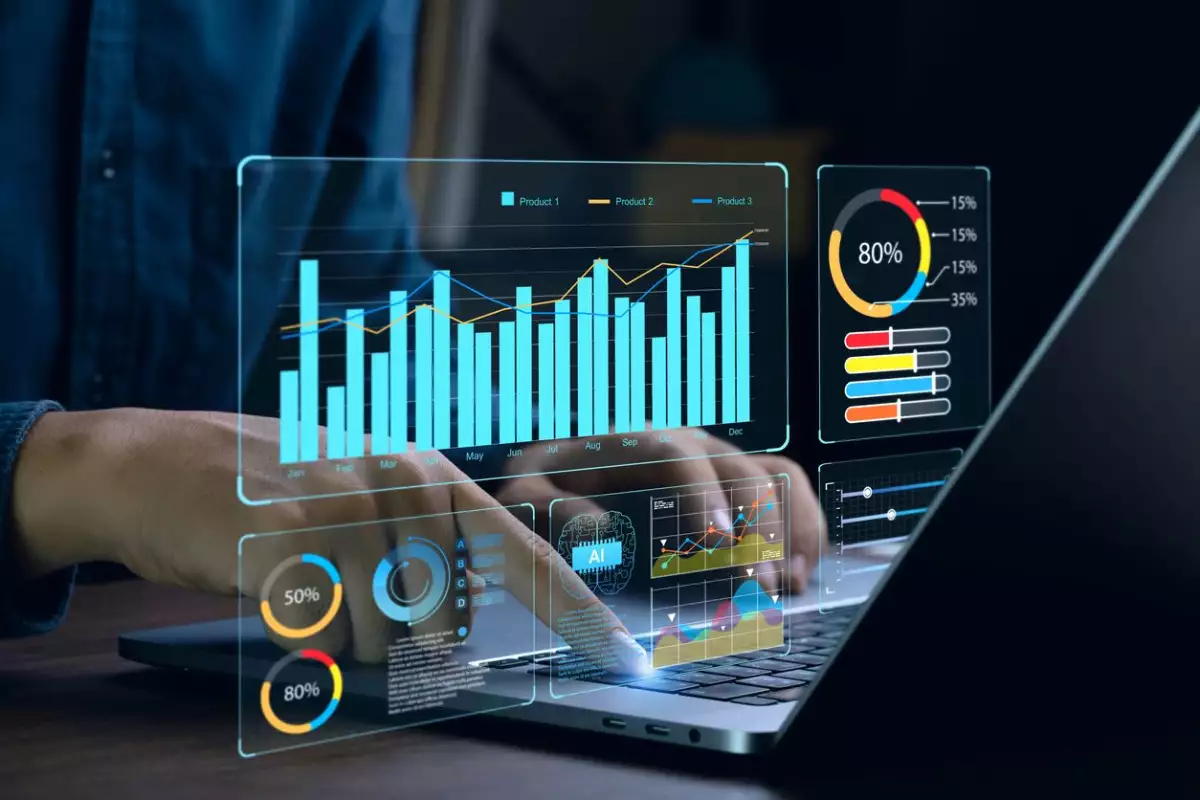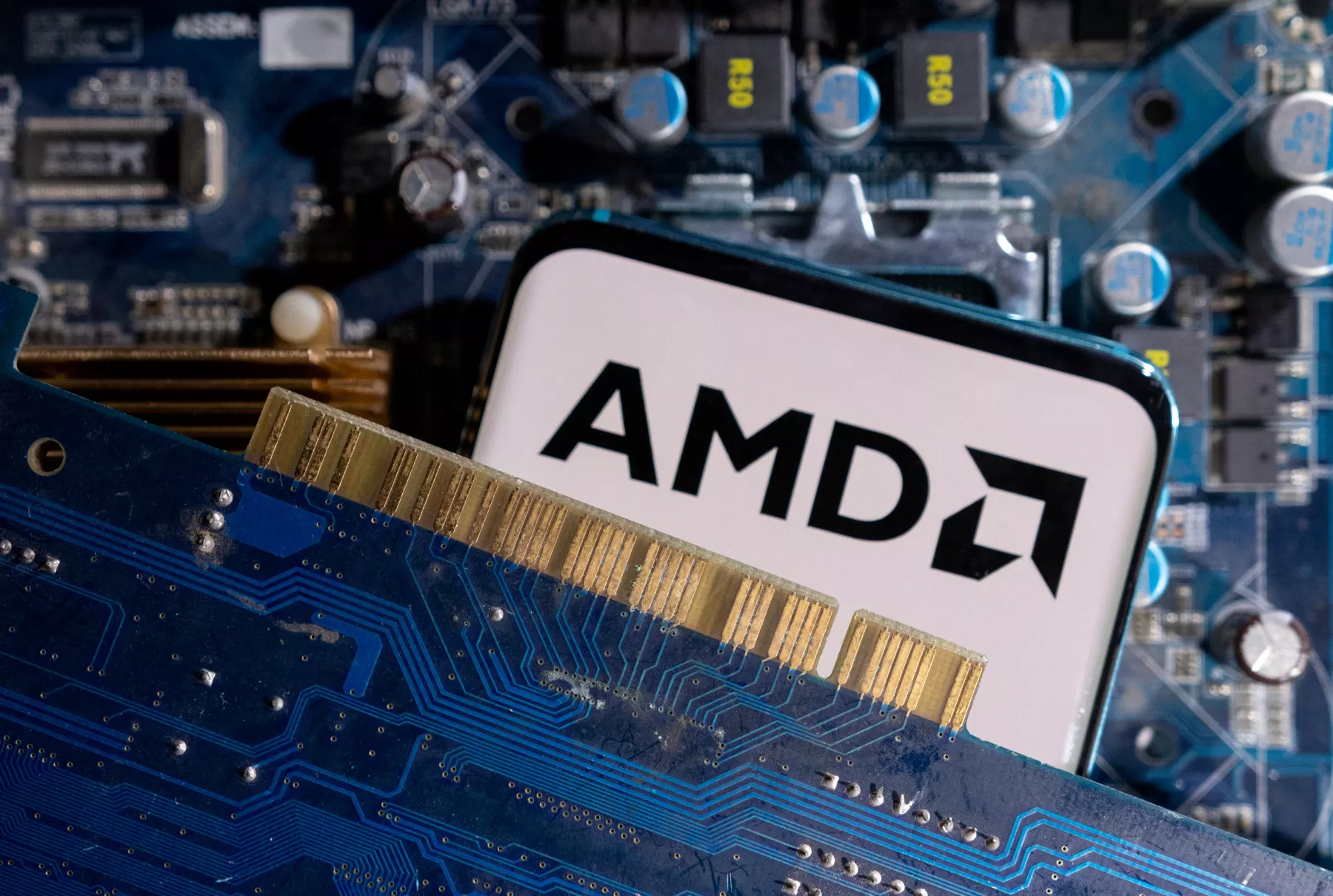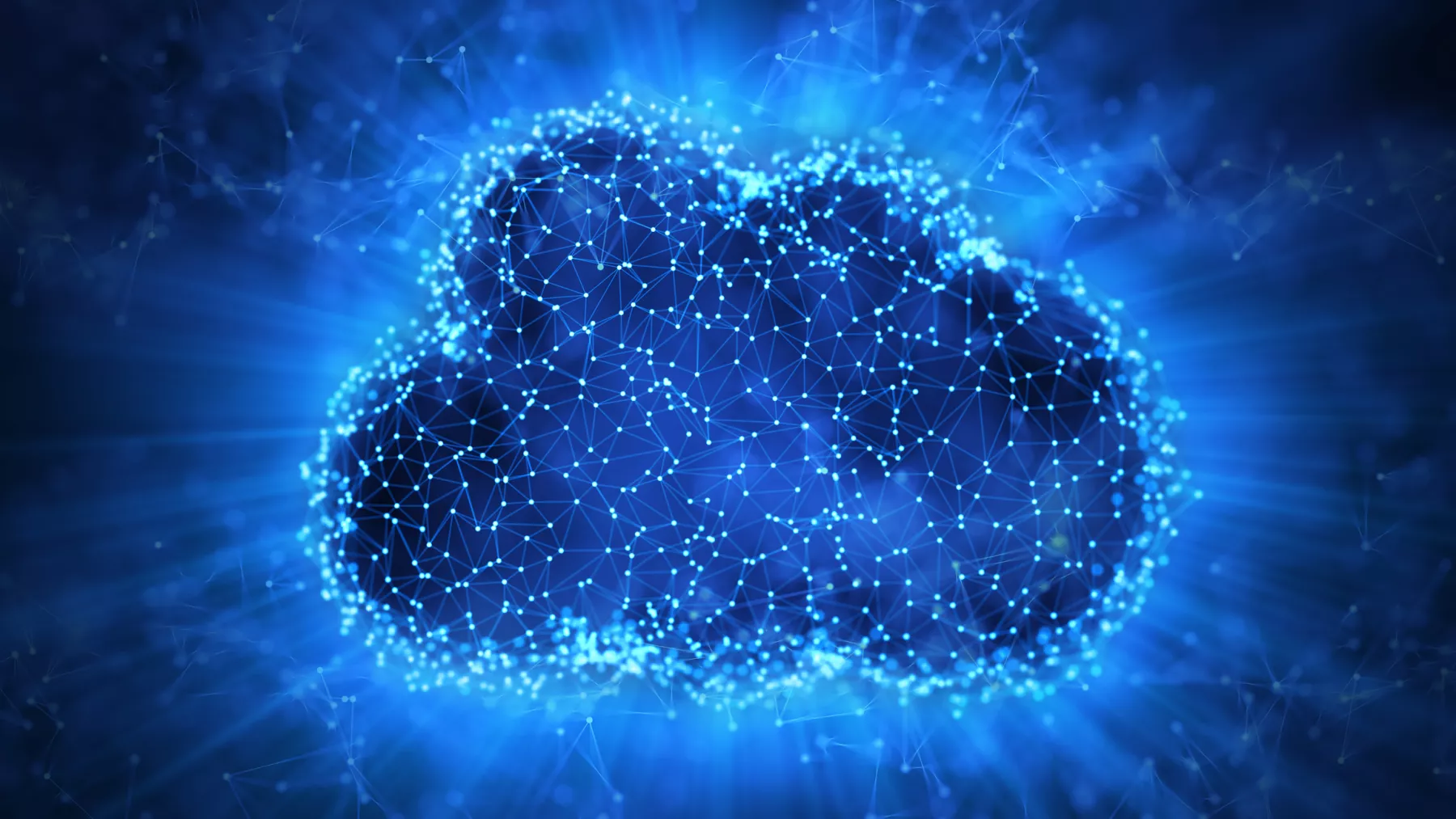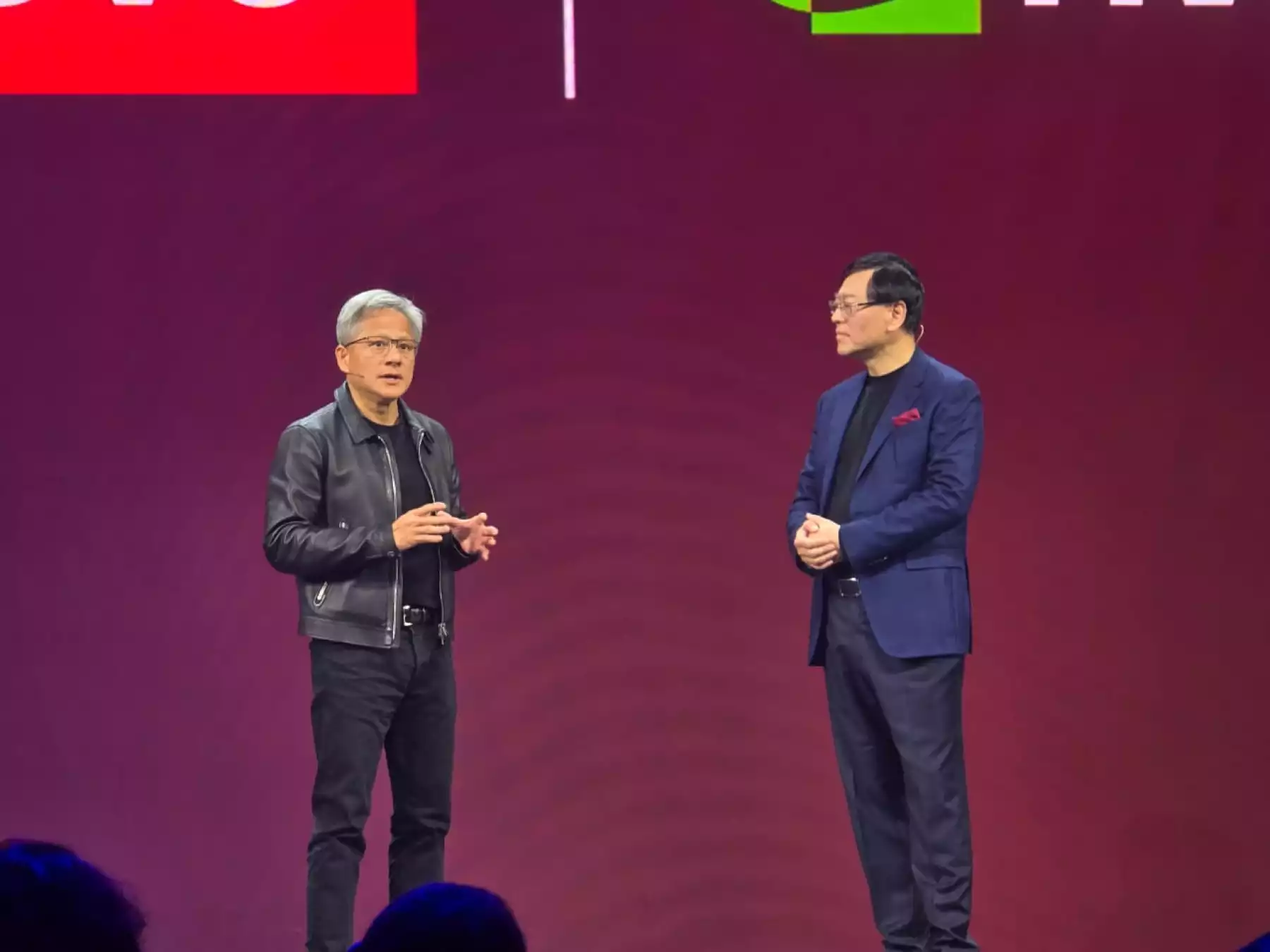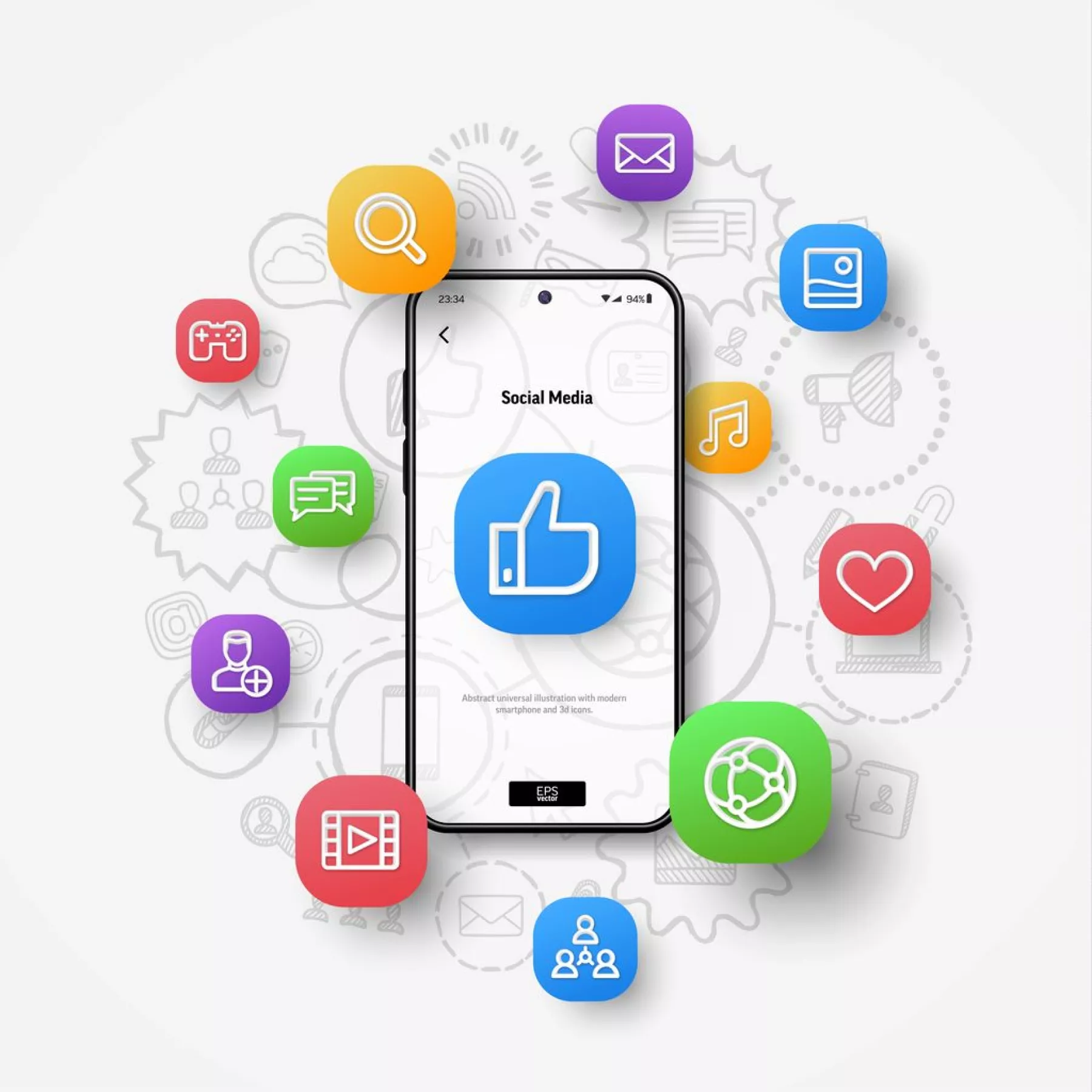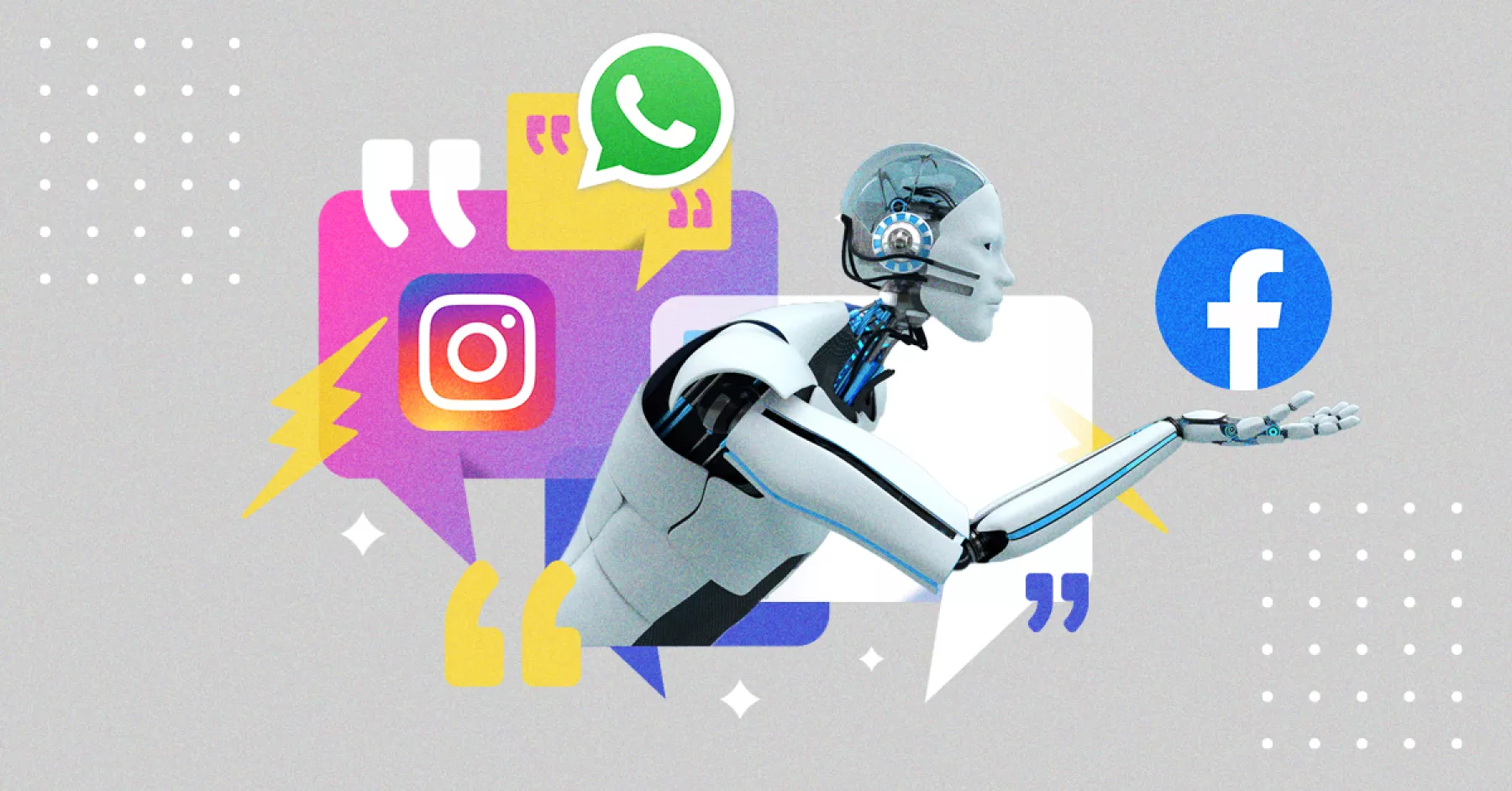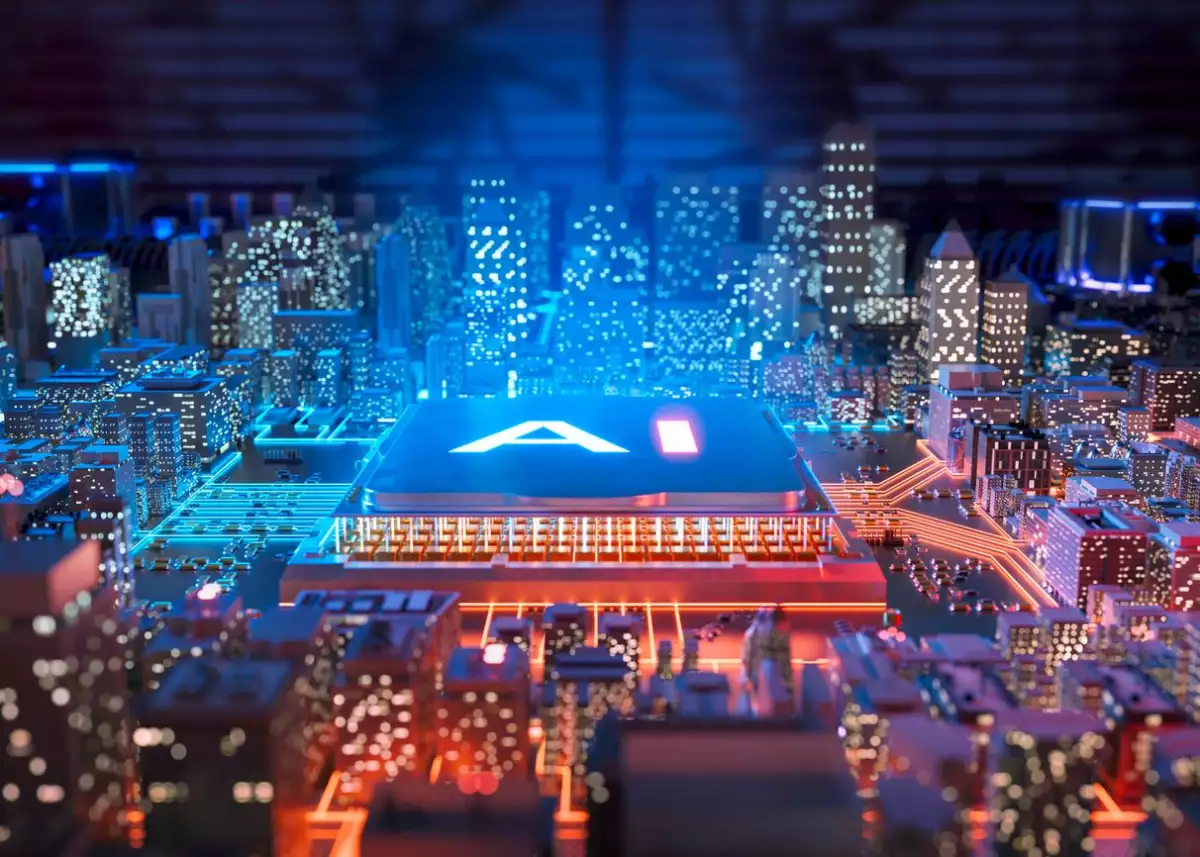
How your life will change in 2025: technological predictions
From Artificial Intelligence to the interconnectivity of the Internet of Things, these trends have immense potential to radically change diverse industries.
The year 2025 is upon us and the technological landscape continues its relentless evolution. The accelerated development of new technologies promises to revolutionize everything in the next 10 years, but 2025 guarantees a wealth of innovative advancements that will transform the way we live, work and interact with the world around us.
From artificial intelligence (AI) to the interconnectivity of the Internet of Things (IoT), these trends have immense potential to radically change diverse industries, renew the global economy and improve our overall quality of life.
Below, I am going to tell you about eight technological trends that will gain strength over the next year and that will undoubtedly impact and define the panorama of what is to come in the future.
The era of the Internet of Things
Let’s face it, most of the time we are not even aware that the internet is there at this point. It is simply part of our daily lives and practically the base of our contemporary Maslow’s Pyramid. And yes, in fact, connectivity in 2025 will be even easier, faster and invisible. The Internet of Things – a network of physical devices with sensors and software, all connected to the internet – is expected to multiply – up to 14% – in 2025. Think about how many devices that are part of the IoT you use every day: your smartphone , household appliances, security cameras, smartwatch , Alexa, your car, smart TV, wireless headphones, even card payment terminals and ATMs! That’s a lot, isn’t it?
Artificial Intelligence, from science fiction to an omnipresent reality
More and more people have access to technology and we are already witnessing the integration of AI into our daily routines. AI can perform tasks that we used to think only humans could do and we are slowly realising its potential to improve our quality of life. We can also expect the – soon – emergence of much more sophisticated AI personal assistants, capable of anticipating our needs and simplifying tasks.
Have you heard of Agentic AI? It's worth mentioning. It's a form of artificial intelligence that acts autonomously and makes decisions based on its goals and environment. Unlike more basic AIs, which simply respond to commands or perform specific tasks, Agentic AI has the ability to plan, adapt, and learn from experience to achieve specific goals.
Don't be alarmed! The goals of this type of AI are not the destruction of humanity, but quite the opposite. For example, in fields such as medicine , Agentic AI can accelerate the research and development of new drugs and treatments much more effectively. In turn, it can open up new business opportunities that were not possible before. All this without forgetting that the information we receive from these artificial intelligence systems is more 'curated' or verified, which includes handling complex tasks that not any AI could perform.
Read more
Just like in 2024, artificial intelligence will be one of the stars of technology in 2025. Throughout 2024, AI evolved incredibly, highlighted by more advanced language models, improvements in machine learning, a greater focus on ethics and its regulation, an increase in productivity and automation, as well as optimized interaction with other technologies.
I am convinced that 2025 will be the year that defines the future of AI. Firstly, data processing and storage capabilities are reaching new levels. This will allow for the training of more complex and accurate AI models, which can tackle problems that seem insurmountable today.
The conversation in 2025 will be about responsible AI . To drive true sustainable change, we must collaborate as an industry and explore advancements in energy supply and consumption.
Digital Extrasecurity
Blockchain technology , the distributed ledger system that underpins cryptocurrencies, has the potential to revolutionize the way we store and share data. By 2025, we can expect blockchain applications to extend beyond financial transactions, impacting sectors such as supply chain management and healthcare. Simply put, blockchain has the potential to improve cybersecurity and combat misinformation thanks to its immutable nature.
Not only would this be a game changer in protecting our personal data and preventing cyberattacks, but also in the credibility of information – no more fake news and deepfakes ! – and, in contexts such as the supply chain, blockchain allows the origin of products and information to be traced, helping to ensure that data comes from legitimate and trustworthy sources.
Ambient intelligence, an invisible presence
This goes hand in hand with the Internet of Things. Ambient intelligence is the integration of technologies and data into the everyday environment so seamlessly and discreetly that they go unnoticed by users. This concept is based on the idea that artificial intelligence and other technological systems can operate in the background, providing information and services without requiring active interaction from people.
There are many examples: smart lighting, smart public transport systems – the Metro, the Metrobús, Ecobicis –, electronic payment systems, air quality sensors, virtual assistants in public places and, basically, all the devices in the home that we can control remotely. There will be an increasing search for more intelligent and adaptive environments that improve the quality of life, without us being aware of the technology that surrounds us.
Greener technology
Green computing is the world of today, 2025 and beyond. Developing technologies that promote sustainability and energy efficiency is a crucial long-term issue. It all starts with a chip. Yes, absolutely all computers – personal or servers in data centers – have microprocessors . Modern microprocessors are designed to be more energy efficient, meaning we can do more tasks with less power consumption.
If your laptop has a state-of-the-art microprocessor – made from sustainable materials – its life cycle is extended. The same applies to your smartphone , tablet, PC or your AI PC (personal computer with artificial intelligence). In fact, the latter have a state-of-the-art hybrid architecture that optimizes energy savings.
It is only a matter of time before not only green computing, but sustainable technology as a whole, becomes part of any technological solution or any habit we have when interacting with technology.
The future in 3D
Have you ever imagined a world where digital and physical realities seamlessly merge? Spatial computing, an innovative field that combines computing, design, and physical space, is making this vision a reality.
Leveraging technologies such as augmented reality (AR), virtual reality (VR) and mixed reality (MR), spatial computing creates immersive experiences that enhance our interaction with digital content, making it more intuitive and relevant to its context.
Read more
The spatial computing industry is projected to grow exponentially, representing enormous potential to revolutionize our daily lives and professional environments. A future where the boundaries between the digital and physical realms continue to blur is on the horizon by 2025.
After the near-death of the Metaverse, you can now project a 3D graphic, animation or interactive information using only the camera and LiDAR sensors – which can measure the depth of space – on your smartphone . Yes! For example, thanks to applications such as Google ARCore or Apple ARKit, you can see how a new piece of furniture would look in your living room before buying it.
Advanced robotics + AI = a powerful duo
Human-robot interaction is becoming more natural and intuitive thanks to artificial intelligence. From healthcare applications to industrial automation, robotics innovations are transforming industries around the world.
AI-powered autonomous robots are at the forefront of robotics innovation. By 2025, autonomous robots are expected to handle complex tasks in diverse environments. This innovation combines machine learning, computer vision, and deep neural networks, allowing robots to navigate, make decisions, and adapt to dynamic conditions. Yes, you thought it right – that’s Agentic AI!
Also, autonomous delivery robots are transforming logistics and supply chain management, offering efficient, contactless delivery solutions. By 2025, delivery robots are expected to navigate complex environments, ensuring fast and accurate deliveries in urban and rural areas. These robots use AI-powered navigation, object detection, and route optimization to safely deliver packages.
Read more
A quantum leap
Quantum computing represents a new frontier in computing, with the potential to revolutionize many industries. Ok, ok, but what is quantum computing? It is a field of computer science that uses quantum mechanics – the behavior of particles at the atomic and subatomic scale – to solve complex problems faster than traditional computers.
Quantum computers use quantum bits, or qubits, to process data ultra-fast. For example, a problem that would take a classical computer 1,000,000 steps to solve could be solved by a quantum computer in 1,000 steps. Can you imagine how this would improve advances in scientific research, the development of new technologies, or even how much it would help in the management and prediction of natural disasters?
These are just a few of the upcoming tech trends for 2025 that can help you see the bigger picture. Technology may not have advanced as speculated in Back to the Future and we don't yet travel back in time or get around in style on hoverboards, but the next few years will bring us several technologies that will impact almost every aspect of our lives.
Leave a comment:
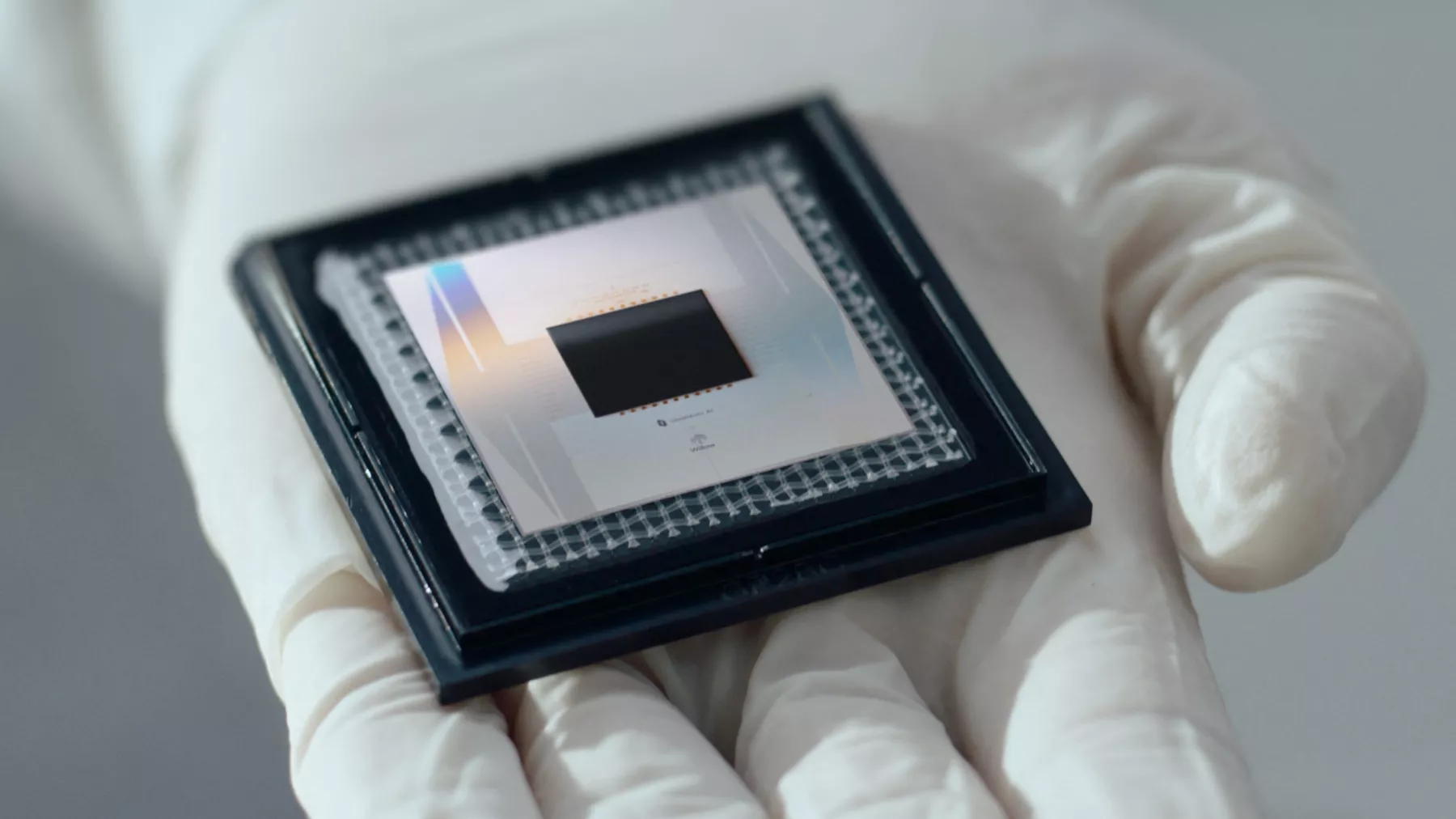
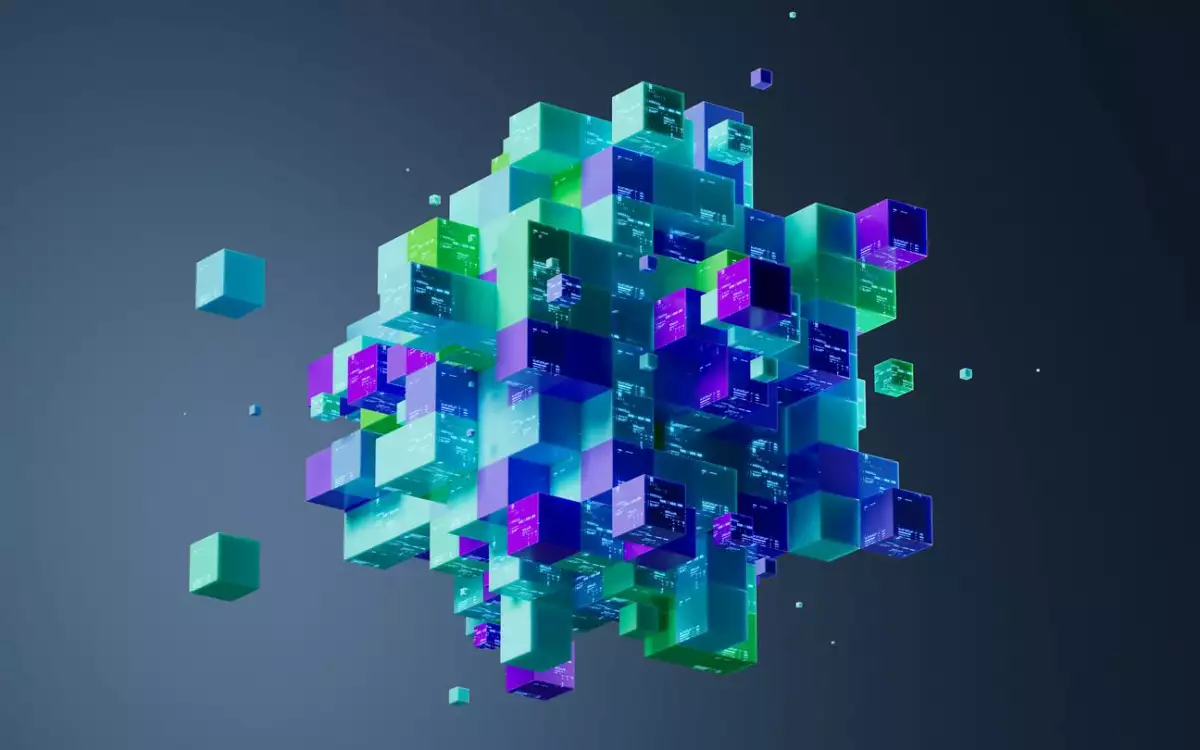
Tranding News
